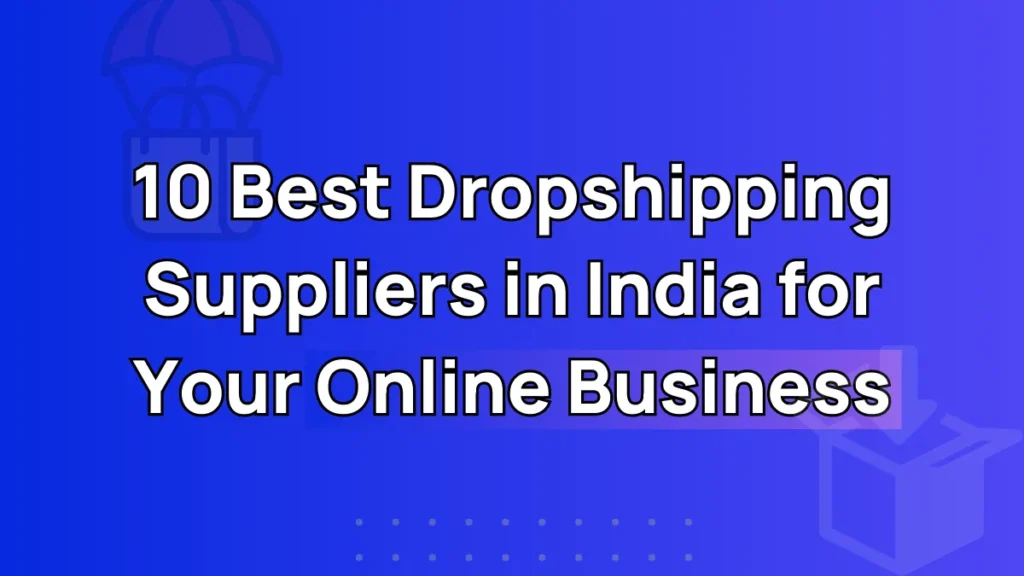Hey there, ecommerce enthusiasts! In today’s digital age, social media marketing has become an essential aspect of any ecommerce business.
With social media platforms like Facebook, Instagram, and Twitter having billions of active users, it’s no wonder that ecommerce businesses are leveraging these platforms to reach their target audience and boost their online presence.
In this blog post, we’ll explore the importance of social media marketing for ecommerce websites and share some valuable insights on how to effectively understand your target audience to create a successful social media marketing strategy.
Let’s dive in!
Table of Contents
Social media marketing involves the use of various social media platforms to promote a product or service. This marketing strategy allows ecommerce businesses to reach a wider audience, build brand awareness, and drive traffic to their website.
Social media marketing for ecommerce websites is particularly essential as it helps them to engage with potential customers and build relationships with existing ones.
By creating and sharing relevant content on social media platforms, ecommerce businesses can showcase their products and services, drive traffic to their website, and increase conversions.
Understanding Your Target Audience

To create an effective social media marketing strategy, ecommerce businesses need to understand their target audience. Here are some essential steps to help you understand your target audience:
Defining your target audience and their demographics
Start by defining your target audience and their demographics. Ask yourself who your ideal customer is, and what their age, gender, location, interests, and behavior are. This information will help you create targeted content that resonates with your audience.
Conducting market research to understand their needs and interests
To truly understand your target audience, you need to conduct market research to understand their needs, interests, and pain points. Use surveys, focus groups, and online research tools to gather valuable insights into your audience’s behavior and preferences.
Creating buyer personas to help guide your social media marketing efforts
Finally, use the data you’ve gathered to create buyer personas. A buyer persona is a semi-fictional representation of your ideal customer, including their demographics, interests, and behavior. Creating buyer personas will help guide your social media marketing efforts and ensure that your content resonates with your target audience.
Choosing the Right Social Media Platforms:

Choosing the right social media platforms is essential to reach your target audience effectively. Here’s an overview of popular social media platforms for ecommerce websites and how to determine which platforms will work best for your business.
Overview of popular social media platforms for ecommerce websites:
- Facebook: With over 2 billion active users, Facebook is a popular platform for ecommerce businesses. Facebook allows businesses to create pages, run ads, and engage with their audience through groups and events.
- Instagram: Instagram is a visually-focused platform that’s popular with younger audiences. Ecommerce businesses can showcase their products through images and videos and engage with their audience through hashtags, stories, and influencers.
- Twitter: Twitter is a fast-paced platform that’s great for quick updates and real-time conversations. Ecommerce businesses can use Twitter to share updates and promotions and engage with their audience through hashtags and replies.
- Pinterest: Pinterest is a platform that’s focused on visual discovery and inspiration. Ecommerce businesses can use Pinterest to showcase their products through images and videos and drive traffic to their website.
How to determine which platforms will work best for your business
To determine which platforms will work best for your business, consider your target audience’s demographics and behavior.
If your audience is younger, Instagram and TikTok might be the right platforms for you. If your audience is older, Facebook and LinkedIn might be more effective.
It’s also important to understand the unique benefits and limitations of each platform.
For example, Instagram is great for visual content, but it’s not great for sharing long-form content. Twitter is great for real-time conversations, but it’s not great for driving traffic to your website.
Crafting a Social Media Strategy for ecommerce

Crafting a social media strategy is essential to ensure that your social media marketing efforts are effective. Here’s how to prepare a social media strategy that resonates with your target audience.
Start by setting goals and objectives for your social media marketing. Do you want to increase brand awareness, drive traffic to your website, or increase sales? Setting goals and objectives will help you measure the success of your social media marketing efforts.
Once you’ve set your goals and objectives, develop a content strategy that resonates with your target audience. Consider the types of content that your audience engages with the most and develop content that’s relevant, engaging, and shareable.
Finally, create a social media calendar to help plan and schedule your posts. A social media calendar will help you stay organized, ensure that you’re posting consistently, and help you avoid last-minute scrambling.
Creating engaging content is key to the success of your social media marketing strategy. Here are some tips on how to create visually appealing and attention-grabbing content that resonates with your target audience.
Different types of content perform well on different social media platforms. For example, images and videos perform well on Instagram, while quick updates and real-time conversations perform well on Twitter. It’s essential to understand the type of content that performs well on each platform to ensure that your content resonates with your target audience.
Download Social Media Strategy Template By Clicking Here From Backlinko
Tips for creating visually appealing and attention-grabbing content
Strategies for increasing your social media reach and engagement
Tips for building a community around your brand on social media
Conclusion
In conclusion, social media marketing for ecommerce is an essential component of any business’s marketing strategy.
By understanding your target audience, choosing the right social media platforms, creating engaging content, and measuring your success, you can effectively reach your target audience and drive sales.
Additionally, by integrating social media with your ecommerce website, leveraging social media advertising, and building brand loyalty, you can foster a sense of community around your brand and encourage repeat purchases.
Also Read: Best Products to Sell Online
FAQ On Social Media Marketing For Ecommerce
What social media platforms are best for ecommerce websites?
The social media platforms that are best for ecommerce websites depend on your target audience’s demographics and behavior. Popular platforms for ecommerce businesses include Facebook, Instagram, Twitter, and Pinterest.
How often should I post on social media?
The frequency of your social media posts depends on your audience’s behavior and preferences. Generally, it’s recommended to post at least once a day on platforms like Instagram and Facebook and several times a day on platforms like Twitter.
How do I measure the success of my social media marketing efforts?
You can measure the success of your social media marketing efforts by tracking metrics like engagement, reach, and impressions. Most social media platforms have built-in analytics that allows you to track these metrics.
Can social media advertising really boost my online sales?
Yes, social media advertising can be an effective way to boost your online sales. By targeting the right audience and creating effective ads, you can increase brand awareness, drive traffic to your ecommerce store, and increase sales.
How can I use social media to build brand loyalty?
You can use social media to build brand loyalty by engaging with your audience, providing exceptional customer service, and offering exclusive promotions and discounts.



